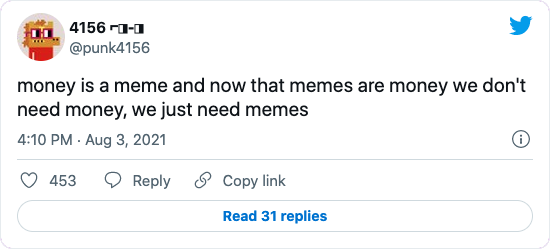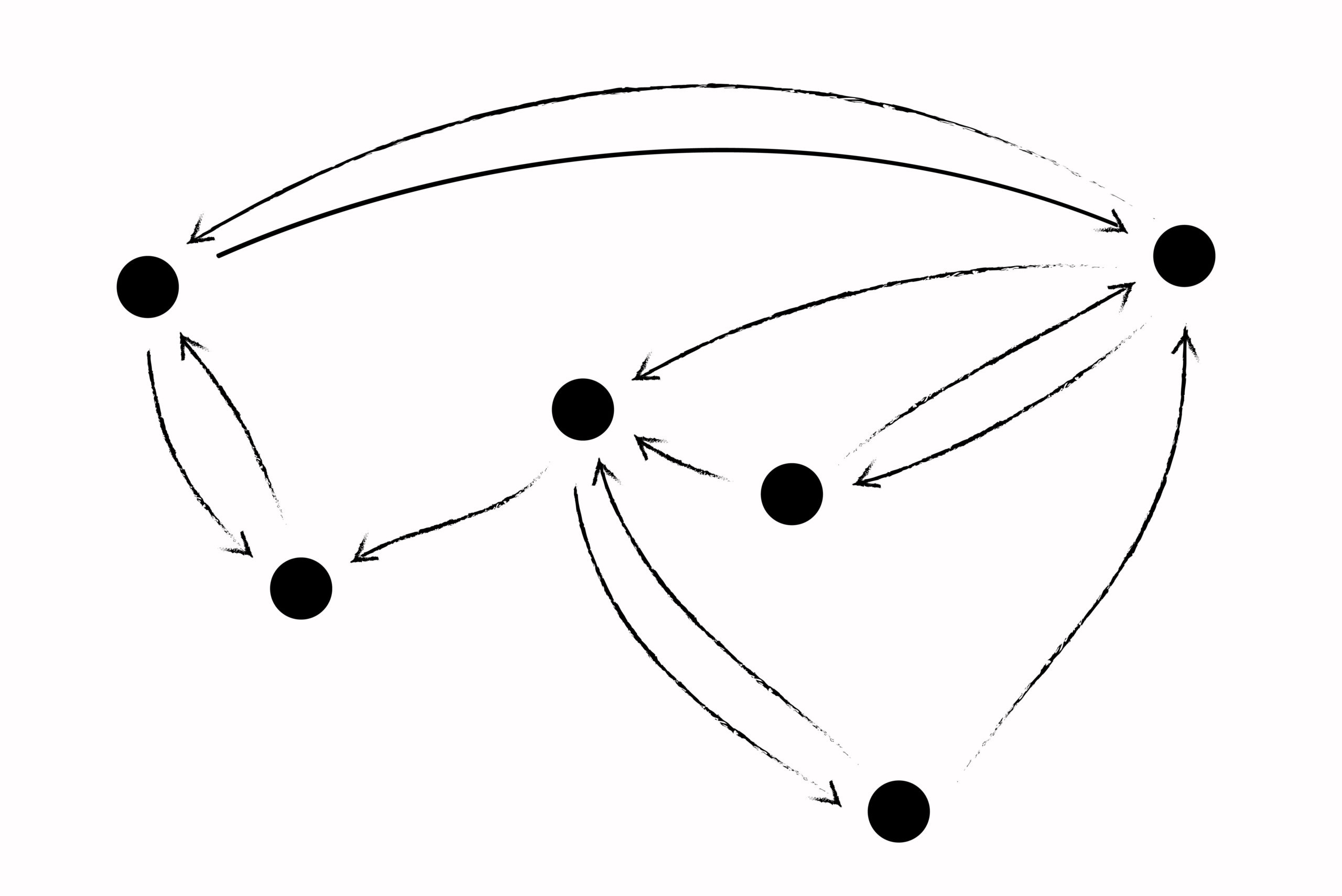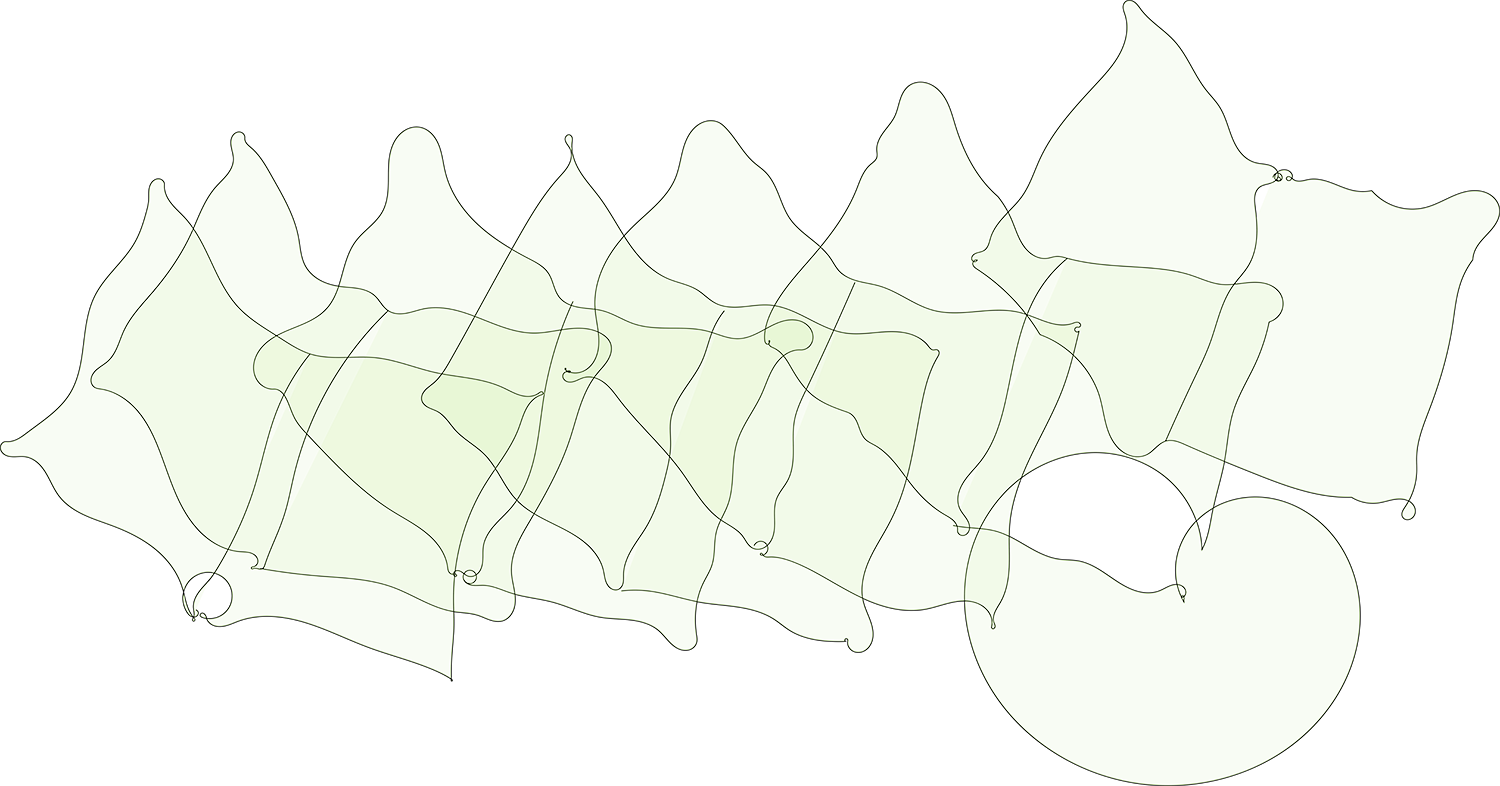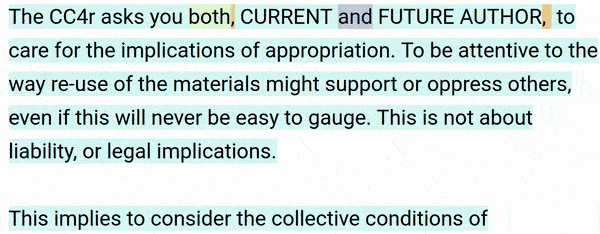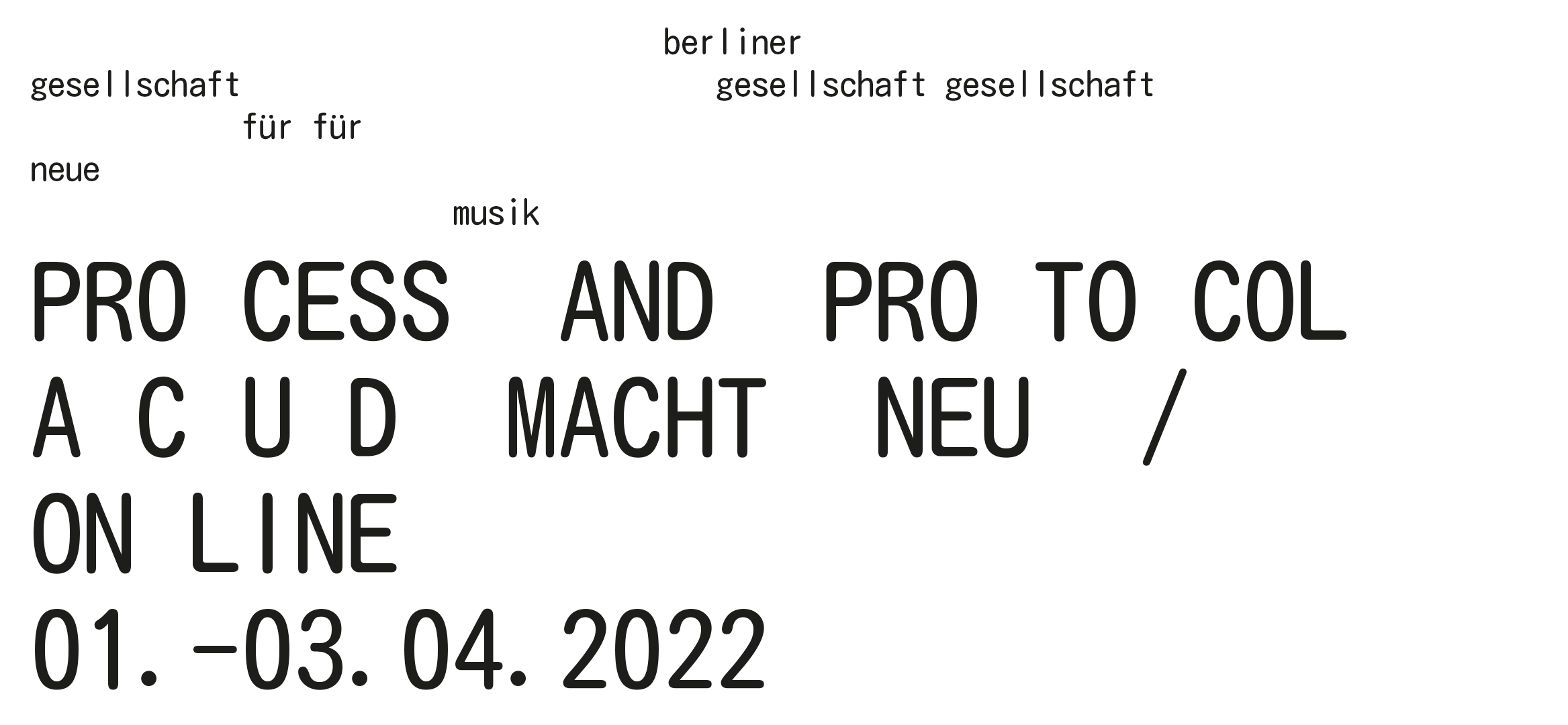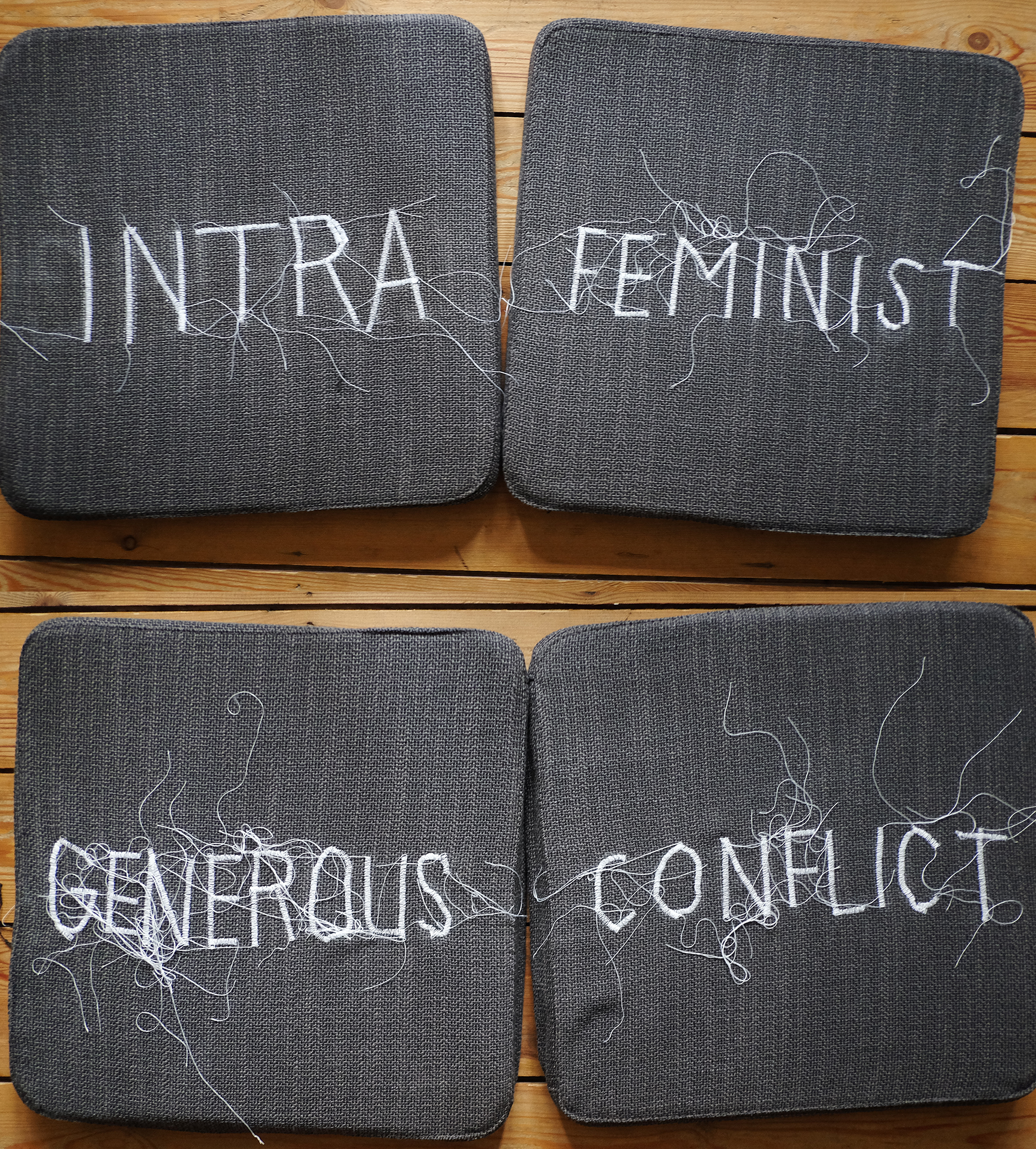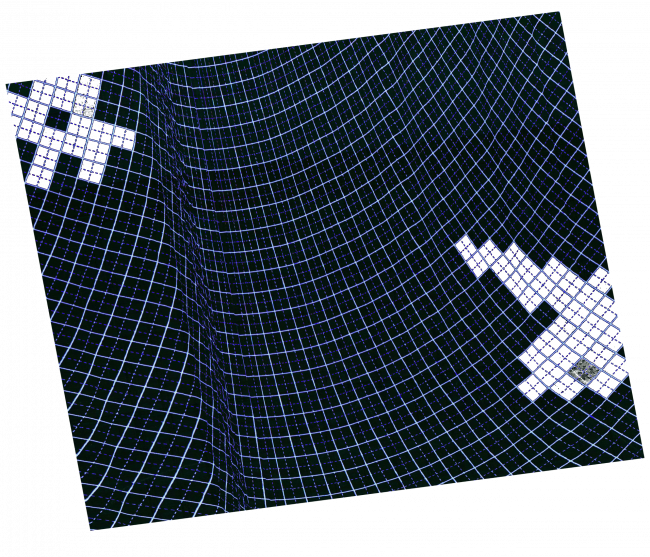Publishing As Protocol
MARCH is pleased to announce our first long term inquiry, Publishing As Protocol, which aims to explore the relationship between self-organizational models and technological sovereignty. Unfolding through 2022, this framework will gather together existing and speculative examples from both institutional (cultural) and technological (hacktivist) practices to reflect on how we publish, gather and organize under (and around) platform capitalism.
Publishing As Protocol is organized by MARCH: a journal of art & strategy in partnership with Constant, a non-profit, artist-run organisation based in Brussels since 1997 and active in the fields of art, media and technology; and Vessel, a nomadic curatorial organisation and agency invested in supporting artistic and curatorial practices that are situated, responsive and research-led. Specifically, Constant and Vessel will publish a series of articles reflecting on their own organizational histories which exemplify the potential of collective digital artistic practices and socially-engaged institutions, alongside additional texts published throughout the year.
Crypto Art Annotations: From Cold Retromania to Creatively Weird
When the “Homer Pepe” NFT sold for 205 ETH ($320,000), Barry Threw cheered: “The art world is a software problem now.”
Beyond Follows: Trust In Computing
Trust is a felt quality of human relations, ephemeral and changing. Social media is an attempt to extend real sociality and to represent real trust. What is the shape of this data?
A Reparative Approach to Publishing
Where oral histories have long been anchored in practices of repetition and versioning, systems of publishing are still learning to trust and fully incorporate these dynamics, finding room for changes that are not based in the singular but in the collective.
Imaginary Blockscape
In the Cageian sense, an “experimental action is one the outcome of which is not foreseen.” To understand the potential of NFTs for experimental music, we don’t need to look any further than this sixty-year-old one-liner.
Collectively Setting Conditions for Re-Use
How can we create conditions for re-use which acknowledge different kinds of contributors? Oriented by a feminist and intersectional understanding of authorship, Constant considers cultural expressions as always already situated within the communities with which we exist.
Process and Protocol with BGNM
What happens when experimental musicians and composers explore Web3 and blockchains? MARCH is pleased to announce a co-publishing partnership with Berliner Gesellschaft für Neue Musik (Berlin New Music Society) in conjunction with their weekend-long festival PROCESS AND PROTOCOL April 1 – 3, 2022.
Becoming Sponge: Sustaining Practice Through Protocols of Web Publishing
As part of its ongoing work exploring the importance of infrastructure, Constant searches for ways to explore the feminist potential of free software, practices of maintenance, short and longer time frames, and how technology both produces norms and marginalizes – and they find inspiration in the figure of the sponge.
Constant: Study, Practice and Proximate Critique
Élodie Mugrefya and Peter Westenberg introduce Publishing As Protocol partner organization Constant, an association for arts and media run by artists, designers, researchers and hackers based in Brussels, Belgium. Subsequent essays will be written by additional members of Constant, each bringing their interests and professional perspective into play.
Trust Exercise: Group-Think Rewrites Protocols of Protest and Consent
Originally commissioned by Manifesta 13, Group-Think is a sports and civic education program developed by Stine Marie Jacobsen in collaboration with the French contemporary circus Archaos, tested by students in several schools in Marseille – and now a pocket-sized bilingual handbook.
Announcing Publishing As Protocol + Call for Contributions
MARCH is pleased to announce our first long term inquiry, Publishing As Protocol, which aims to explore the relationship between self-organizational models and technological sovereignty.
